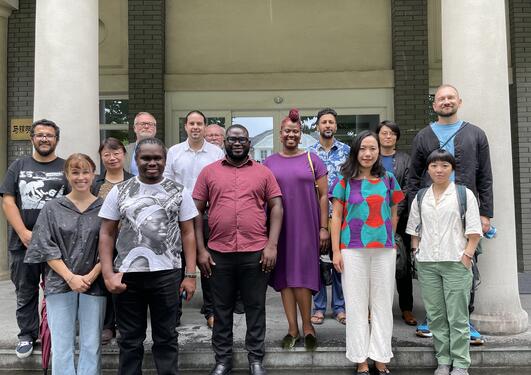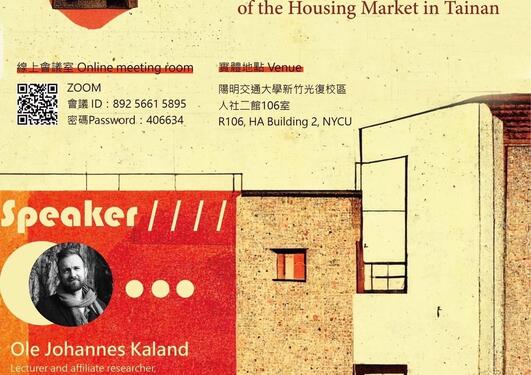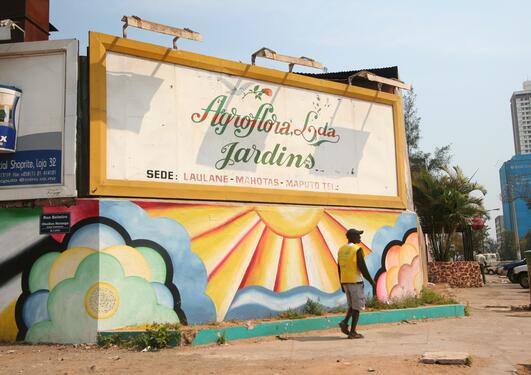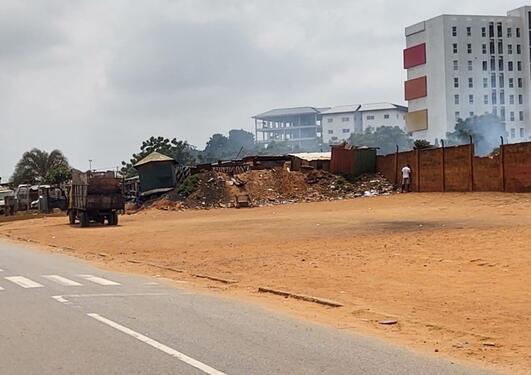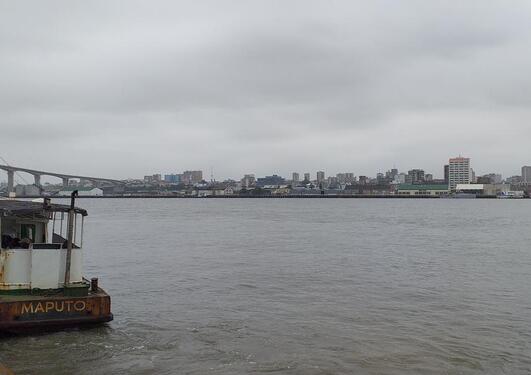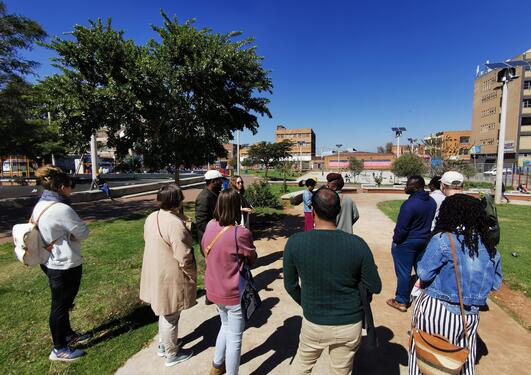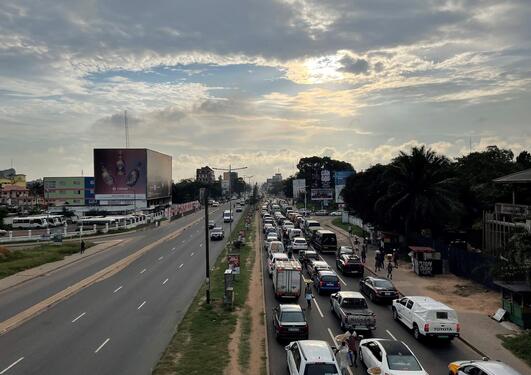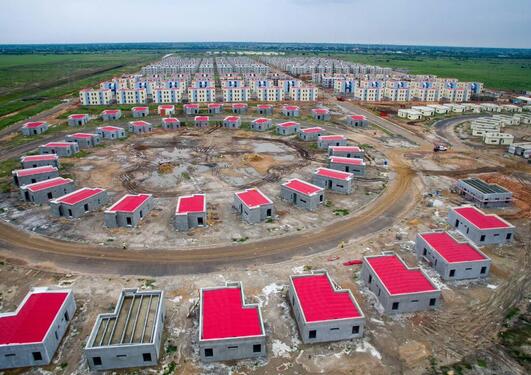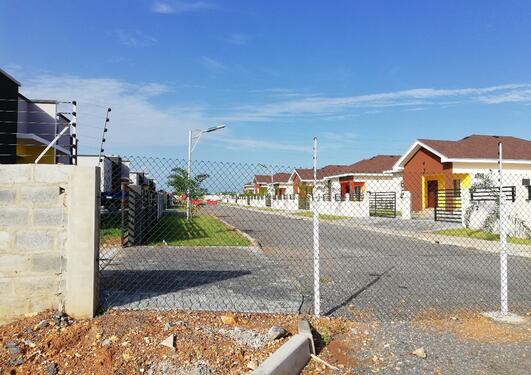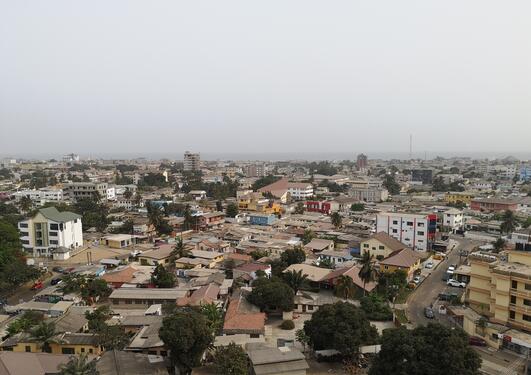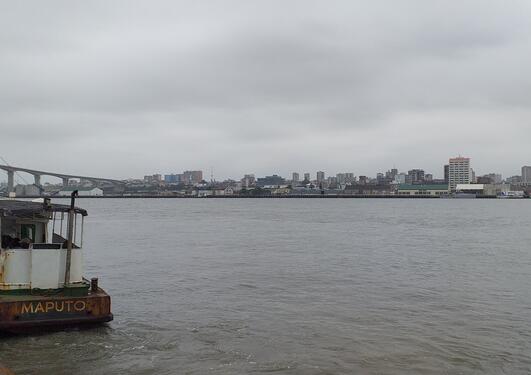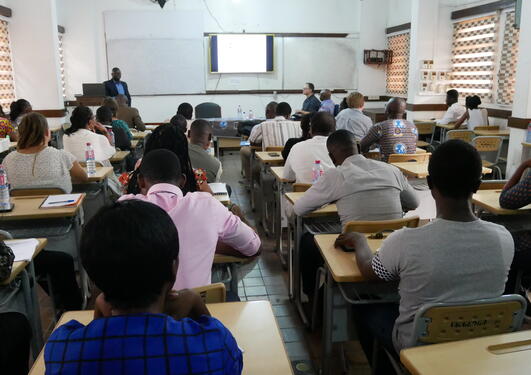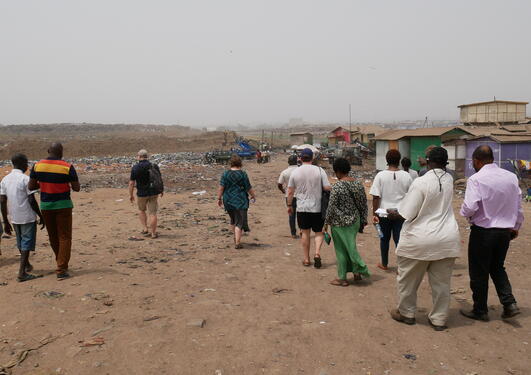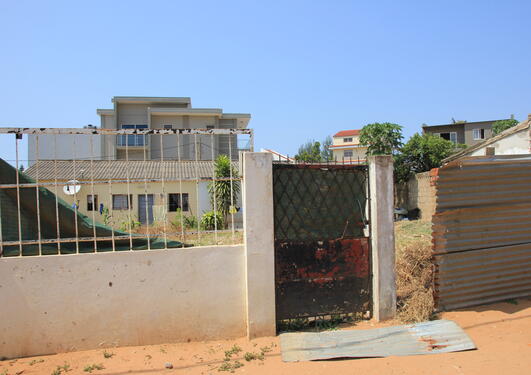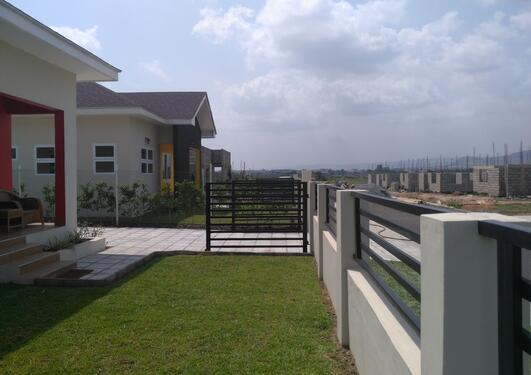News archive for Urban Enclaving Futures
In mid-September 2023, the innovative Urban Enclaving Futures project convened its third workshop entitled, “Urban Trajectories: Comparing Integration, Enclaving and Development in Africa and China” in Shanghai. While the UEF project focuses on processes related to housing, enclaving, and urbanization in the African cities of Accra, Maputo and Johannesburg, the intention of this workshop was to... Read more
Urban Enclaving Futures affiliated researcher Ole Johannes Kaland will present his work at National Yang Ming Chiao Tung University on Monday 31st October.
Urban Enclaving Future's co-director Jason Sumich has published the article "Building walls to tame time: Enclaves and the
enduring power of failure" in Economy and Society.
How is a local community developed and operated, with hundreds of homes and economic enterprises close together - in an area where none of the residents own or have legal control over the land? The neighbourhood of Ruga in Accra, Ghana is an example of how inhabitants and small-business owners together are changing and shaping the urban landscape to the benefit of the people living there.
Morten Nielsen, Jason Sumich and Bjørn Enge Bertelsen have been shortlisted for 'Urban Studies' best article of 2021
Having been delayed by the COVID pandemic, the third Urban Enclaving Workshop was at last held the 25th of April until the 1st of May 2022 in Johannesburg, South Africa.
For decades Accra´s traffic has been a huge problem for the city´s development. Long traffic jams in rush hours, road accidents and poor travel conditions for everyone that moves within Accra is a well-known issue in Ghana and a conversation topic for Accra´s inhabitants - like rain and the weather are a common conversation topic in Bergen, Norway.
Housing has remained one of the fundamentals of every society. However, in Ghana, most of the population lacks decent and affordable housing; the current housing deficit in Ghana is over 2 million.
Detachment and separation continue to be central to urban development across the globe, especially in Sub-Saharan Africa. Will enclaving—the construction of these detached societies—further fuel socio-economic differences?
For years Edwige Yekple used to walk past the area where she is now doing research. One day, however, the gated community in the middle of the village caught her attention. Asking herself “why is there a gated community inside the village?” Edwige started developing her research project. Gradually, she became both a researcher and an interlocutor of her own project.
What are the drives behind the recent developments in sub-Saharan African cities, and how can we understand the new forms of spatial segregation emerging in Africa’s urban spaces? These are some of the questions asked by Nielsen, Sumich and Bertelsen in their recent publication in Urban Studies.
The Department of Geography at the University of Ghana and the Urban Enclaving Futures project arranged in February 2020 a successful public lecture at the Department of Geography and Resource Development.
The interdisciplinary research project Urban Enclaving Futures explored during its second workshop how enclaving is found in various forms around Accra’s urban spaces – from population dense informal settlements, to grand but empty gated cities, to the green and quiet University campus.
The research project “Urban Enclaving Futures” has received a new grant to establish a comparative research component in China.
Can security practices of economic enclaves transform citizen-subject relations?
What kind of subjectivities are produced by the urban order? How are they resisted and contested? These were some of the central questions in the presentations held by Prof. Bjørn Enge Bertelsen in September.
The new research project "Urban Enclaving Futures" seeks to explore enclaving in an African urban context. The project is led by Professor Bjørn Enge Bertelsen and kick-starts on October 1st 2018.
